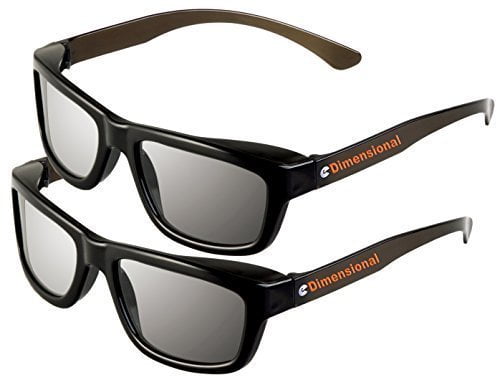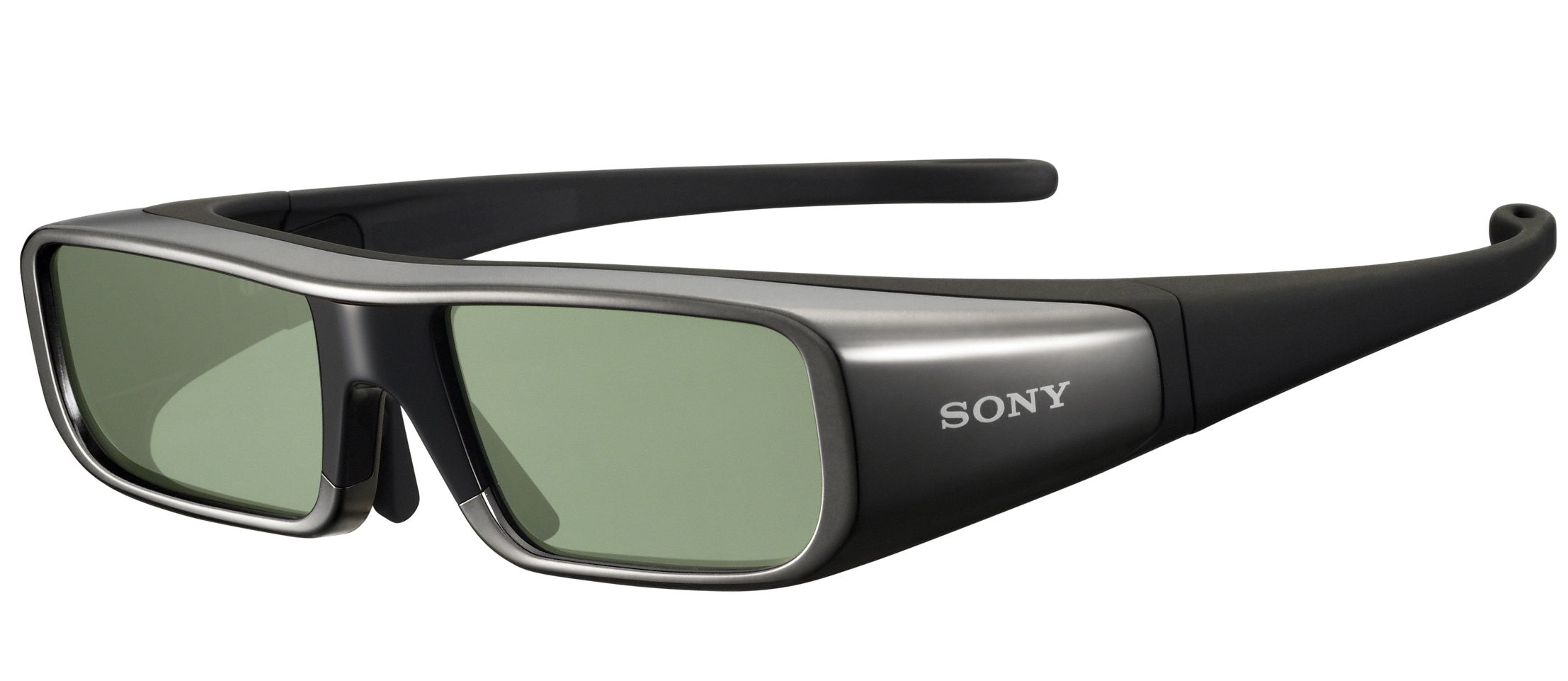
Much like polarized sunglasses, these 3D glasses restrict the amount of light entering your eyes - one lens allows vertical rays of light into your eye, while the other allows in horizontal rays, thus creating a sense of depth (the 3D effect). They have darkened lenses, and their frames are usually made from plastic or cardboard.
BEST 3D GLASSES FOR LG TV MOVIE
Polarized 3D glasses are the kind typically used in modern movie theaters. Meanwhile, they’re generally pretty flimsy in construction, which can be a distinct disadvantage. Others include:Ĭan be used with most TVs or computers, except plasma TVs. The main advantage of this type is low cost. This tricks the brain into seeing the two images as a single image that has three dimensions (including depth). The red lens helps the eye to perceive red as “white” and blue as “black,” while the reverse is true for the blue lens. Their frames are sually made from cardboard or paper, and their lenses work by filtering out the red and blue light individually.Įach eye sees a slightly different image. The oldest type of these devices, anaglyph 3D glasses are recognizable by their red and blue lenses. Because their lenses filter light differently, it’s important to consider how each type below suits various viewing scenarios. Types of 3D glassesĬhoosing the best 3D viewing glasses for you will depend on a number of factors, including the type of television you have and how much you want to spend. The final result is a 3D image in our brain. The left and right lenses of 3D glasses have different functions, tricking the brain to work this out to perceive these two images as one. The result is a slightly blurred image that can be decoded with special glasses.

Then, when a 3D image is transmitted to the screen, it sends information to the left eye and right eye separately.

BEST 3D GLASSES FOR LG TV TV
The TV or projector has an internal decoder that translates the type of 3D encoding used. When 3D signals are sent to the TV or film projector, they are sent in different ways. That’s where 3D technology comes in.ĭifferent types of 3D image technology require different types of 3D viewing glasses. Normally, images in movies, television and videos are seen in two dimensions (height and width), but that may feel limited. What are 3D glasses, and how do they work? Knowing more about the technology - plus, where to buy it - will help you choose the right 3D viewing glasses for you. That means that, whether you visit a movie theater or watch these 3D flicks from home, you’re going to need these glasses. Many of today’s blockbuster movies are filmed specifically for release in 3D format. You may even feel at times as if the images you’re seeing are leaping from the screen!

This enhanced depth perception makes images seem more lifelike. Specialty glasses give 3D movies an appearance of height, width and depth (three dimensions) for a more immersive viewing experience. Watching movies or videos in 3D means that you, the viewer, are seeing images across three dimensions - that is, if you’re wearing 3D glasses.


 0 kommentar(er)
0 kommentar(er)
